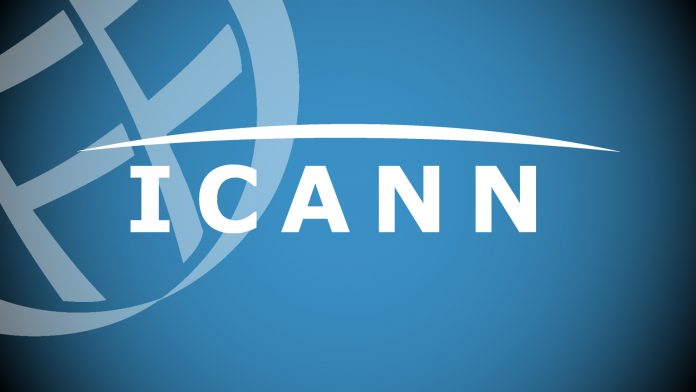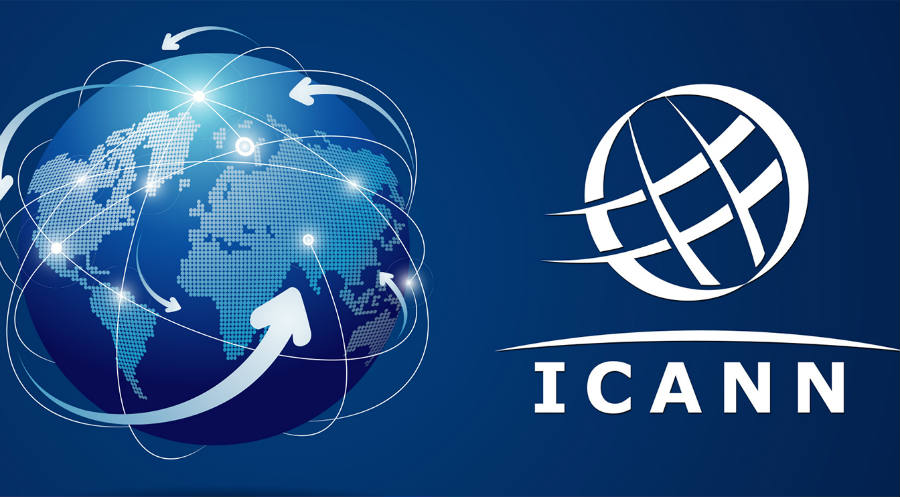
In a historic move preceded by an eighteen-year-old agreement, the U.S. government no longer controls the Domain Name System (DNS). The National Telecommunications and Information Administration of the U.S. Department of Commerce ceded oversight of the system to the Internet Corporation for Assigned Names and Numbers, or ICANN for short.
The power transfer is effective as of Saturday, October 1, and marks a milestone in Internet governance. Despite concerns from multiple parties and the general public, ICANN’s regulation of the Internet’s ‘address book’ represents no significant change to everyday users. It also poses no threats to freedom of speech.
Since the inherent nature of the issue deals with complex terminology related to the Internet field, it has been easy for interest groups to manipulate the narrative in whatever direction they see fit. Despite many obstacles along the way, the move is finally complete, and ICANN will now independently watch over the operations of the Domain Name System (DNS).

What does this mean for end users?
In a few words, regular internet users should notice no significant difference in the functioning of the service after Saturday. In fact, they will most likely never see a change unless something goes catastrophically wrong.
The DNS plays a significant role in people’s lives, yet many don’t know anything about it until it malfunctions.
To most people’s understanding, you just need to type the address of a website into the browser’s top bar, and it will immediately bring up the site. The same thing applies when looking something up on a search engine, but the results will pop up millions of related results instead.

Well, whereas the majority of people see words, the computer and the web work with numbers. The Domain Name System assigns a combination of figures to each website so it can be easily located when conducting a search.
Therefore, the work of the non-profit organization ICANN is to oversee the correct functioning of this system, as well as domain authorization and change (for example .com and .gov). The impact of this in the general public’s lives is next to non-existent unless something unexpected happens.
“INTERNET USERS WILL SEE NO CHANGE OR DIFFERENCE IN THEIR EXPERIENCE ONLINE AS A RESULT OF THE STEWARDSHIP TRANSITION,” states ICANN on its website.
Conservative groups are outraged at the change nonetheless
Conservative groups in Congress and the Senate of the United States have tried their best to stop the change from happening. Four U.S. states filed a lawsuit to block the transition alleging that Congress should have approved the bill first. A Federal judge from Texas quickly dismissed the motion on Friday, one day before the move went into effect.
All in all, the control of the internet’s ‘address book’ has been under the supervision of ICANN for the last 18 years. Even back then in 1998, the government struck a timed deal that the independent organization would attain full control of the system in the future. What is happening now is just the government keeping its word.
Experts have also noted that it is not that big of a deal since the NTIA had an arguably minor role in the oversight of the internet during these last two decades. More than a regulatory body itself, the government office worked as a rubber-stamping arm that approved or rejected matters inherent to the subject.
Under ICANN control, the body will still report its operations and discuss its decisions with a large conglomerate of agents to be transparent in its activities. The Governmental Advisory Committee, part of this ‘stakeholder community’, will count with the representation of the United States.
Furthermore, millions of .com, .net, and other traditional domains are based in the United States. ICANN itself has its headquarters in California, which in turn makes all of them subject to U.S. Federal and State laws, in case that is what worries some people.
Source: ICANN











